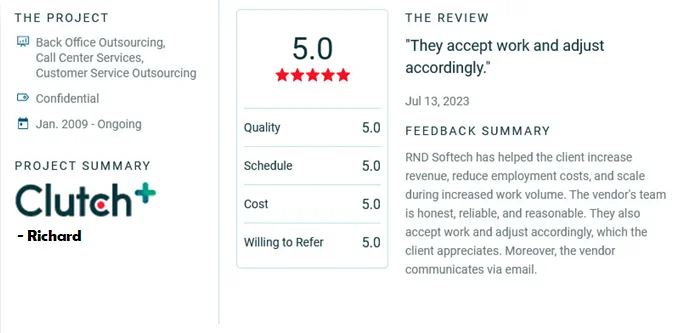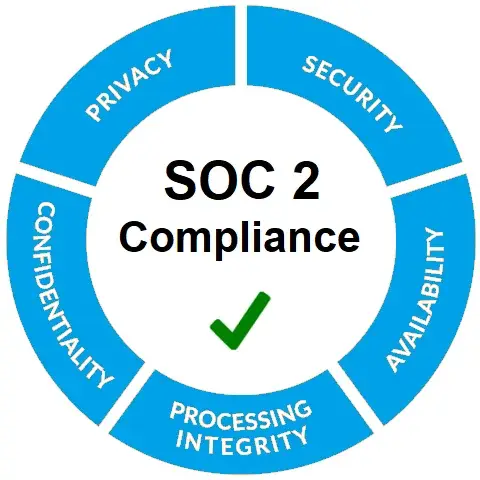In summary, agents who verify insurance benefits are critical to revenue cycle management because they act as both patient supporters and crucial partners in enhancing the financial performance of healthcare professionals. The smooth operation of the revenue cycle and the provision of high-quality patient care are facilitated by these individuals through verification procedures, patient advocacy initiatives, and adherence to compliance guidelines.
What is the role of an insurance benefits verification agent in revenue cycle management?
In the dynamic background of healthcare revenue cycle management (RCM), a key player stands at the forefront of ensuring financial stability and operational efficiency: the insurance benefits verification agent. As a crucial linchpin in the revenue cycle, these professionals play a crucial role in navigating the complexities of insurance coverage and reimbursement. Let's delve into the multifaceted responsibilities and significance of RCM Professionals:
- Patient Advocacy and Education
- Comprehensive Verification Processes
- Facilitation of Revenue Capture
- Coordination with Payers and Providers
- Adherence to Compliance Standards
- Continuous Improvement and Training
Patient Support and Education:
Insurance benefits verification agents serve as advocates for patients, guiding them through
the intricacies of insurance coverage and financial responsibilities. They educate patients
on
their insurance plans, including co-pays, deductibles, and coverage limitations, empowering
them to make informed healthcare decisions.
By raising transparent communication and clarity regarding insurance benefits, agents
enhance patient satisfaction and improve concerns related to billing and reimbursement.
Comprehensive Verification Processes:
Insurance benefits verification agents conduct thorough assessments of patients' insurance coverage prior to medical services being rendered. They gather pertinent information, such as policy details, eligibility status, and pre-authorization requirements, to ensure accurate billing and reimbursement. By meticulously verifying insurance benefits, agents identify potential coverage issues or discrepancies, mitigating the risk of claim denials and revenue loss for healthcare providers.
Facilitation of Revenue Capture:
Effective verification of insurance benefits enables healthcare providers to maximize revenue capture opportunities. Insurance benefits verification agents confirm coverage for specific services or treatments, ensuring that all billable services are appropriately documented and billed. By identifying billable items and adhering to coding and documentation guidelines, agents contribute to optimizing revenue generation and financial sustainability for healthcare organizations.
Coordination with Payers and Providers:
Insurance benefits verification agents serve as connections between healthcare providers and insurance payers, facilitating seamless communication and collaboration. They interact with insurance companies to verify coverage details, obtain authorization for services, and address billing inquiries or inconsistencies. By developing positive relationships with payers and supporting timely reimbursement, agents streamline the revenue cycle process and minimize delays in payment.
Adherence to Compliance Standards:
Insurance benefits verification agents follow regulatory and compliance standards governing insurance verification processes. They ensure the accuracy and integrity of patient information, maintain confidentiality in handling sensitive data, and comply with industry regulations, such as HIPAA guidelines. By upholding compliance standards, agents safeguard patient privacy rights and mitigate risks associated with data breaches or regulatory non- compliance.
Continuous Improvement and Training:
Insurance benefits verification agents engage in ongoing training and professional development to stay abreast of evolving insurance policies, coding guidelines, and industry best practices. They leverage technological advancements and software solutions to enhance efficiency and accuracy in verification processes. By embracing continuous improvement initiatives, agents optimize their skills and expertise, driving positive outcomes in revenue cycle management.







